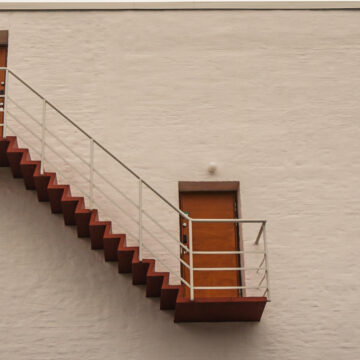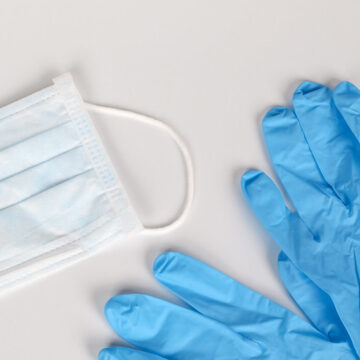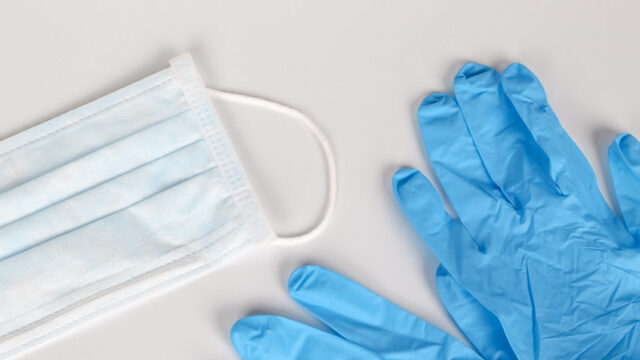
Leaking pipes are a problem in any type of home, but in a tower block you are also at risk of water leaking into your home from the flats above or to each side of yours.
Leaks can cause structural damage to the building, and should be seen to as soon as possible.
You should always alert your landlord as soon as possible to notify them of the leak and get their advice on what steps to take next.
Sometimes leaks happen because pipes have failed: they’ve burst, rusted through, or become damaged over time.
Sudden leaks might also happen if, for example, your neighbour has left a bath running and it has overflowed.
Wear and tear can also cause a leak — for example if the sealant around your neighbour’s shower tray needs replacing.
Your landlord is responsible for keeping the structure of your flat in good repair. So, if the leaks are caused by disrepair, they must fix it. The relevant law is the Landlord and Tenant Act 1985, section 11.
In Scotland, under schedule 4 of the Housing (Scotland) Act 2001, the first duty of the landlord is to ensure that the house is, at the commencement of the tenancy, wind and watertight, and ‘in all respects reasonably fit for human habitation’ and to keep it in that condition throughout the tenancy. Where a house is subject to dampness, it does not meet statutory standard. See more about landlords’ responsibilities in Scotland.
If the leak is coming from somewhere in your flat, or another flat in the same building, it is your landlord’s responsibility to get it fixed (unless it is due to a neighbour’s negligence, such as leaving a tap running). But if the leak is urgent, you should take steps to stop it as soon as you can.
If the leak has caused damage to your home, for example, it has brought a ceiling down, this may be covered by buildings insurance. In this case, your landlord is responsible for claiming the insurance and sorting out repairs.
If the leak has damaged your furniture or belongings, you may be able to claim insurance as well.
Let your landlord know.
You should always try to contain the leak first (eg by putting a bucket under it), but after that you should check your tenancy agreement to see how your landlord deals with urgent maintenance issues.
Some operate a 24-hour emergency repairs line and will send a repair person quickly if the leak cannot be contained.
Not sure what to say? You can copy this letter.
Here is a letter you can copy, if you like.


Tools you can use


Guide


Tools you can use


Guide